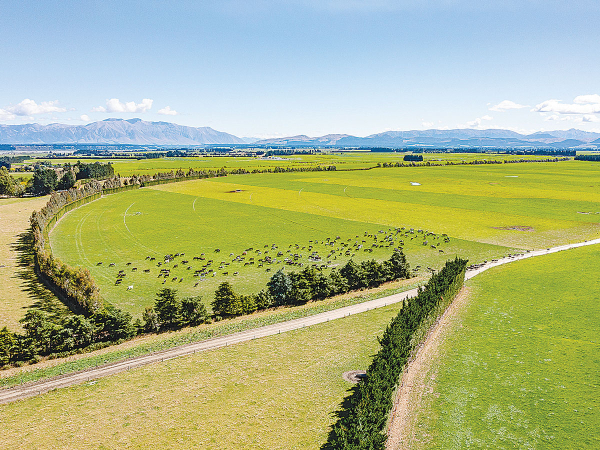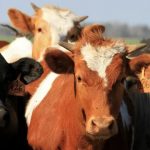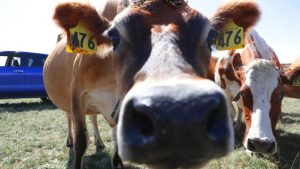
The company says it is investing in programmes designed to help both the business and the sector maximie opportunities and address challenges.
The sustainability work includes improving water quality, reducing greenhouse gas emisions and increasing biodiversity. This includes work to support endangered species.
Craigmore’s general manager farming Stuart Taylor say the company feels it has a responsibility to invest back into the New Zealand dairy sector.
“As a business with scale, we can tap into expertise across multiple disciplines and be an early adopter of technology to help create space for other dairy farmer to take up new solutions,” Taylor says.
“With 22 farms in New Zealand and part-ownership of other farms, we can spready the cost and risk of trying new things. We’re up for anything we can do to help farmers and the sector to progress.”
Craigmore is working on a plan to share key lessons with other farmers. As a fifth-generation dairy farmer, Taylor believes there is nothing more important for New Zealand farming than to continue running successful businesses to contribute to the local economy and local communities, while becoming even more sustainable into the future.
It has unique environmental work in development, including protecting the Canterbury Mudfish (a small native freshwater fish) and increasing the numbers of endangered native skinks.
“Our farm environment plans are tailored to each farm and set out the ways in which we can continue to reduce our environmental footprint,” Taylor says.
“This includes planting native trees and plants, which helps increase biodiversity and attract native birds. We’re planting alongside waterways which helps improve water quality and provides shade for fish and insects.”
The company’s strategy also focuses on trialling new solutions to help reduce greenhouse gas emissions, including new feed types and nature-based solutions.
It is also piloting EcoPond, a breakthrough technology to reduce methane in a first for the New Zealand dairy industry.
Taylor says Craigmore’s 400-hectare dairy farm Glen Eyre in Oxford, North Canterbury, is the first commercial dairy farm in New Zealand to adopt EcoPond, an effluent treatment system that removes virtually all methane emitted from effluent ponds with an additive normally used in the treatment of drinking water.
The cutting-edge technology at the farm, which milks 1100 cows, is the result of a collaboration between Ravensdown and Lincoln University.
Taylor is one of 400 environmentally-focused farmers in the Dairy Environment Leaders (DEL) network, created by farmers, DairyNZ and the New Zealand Farm Environment Trust in 2007. The network aims to empower leadership and create opportunities to support and share on-farm actions to reduce the environmental footprint.
“Craigmore farm managers take part in local catchment groups where they can, supporting community initiatives to reduce their environmental footprint,” Taylor says.
You can now read the most important #news on #eDairyNews #Whatsapp channels!!!
🇺🇸 eDairy News INGLÊS: https://whatsapp.com/channel/0029VaKsjzGDTkJyIN6hcP1K

























